Navigating Drug Safety Report Compliance: Translation Services Key to UK Regulatory Success
Translation services for Drug Safety Reports (DSRs) in the UK must be meticulously precise and compliant with local regulations, such as those set forth by the Medicines and Healthcare products Regulatory Agency (MHRA). These specialized translation …….
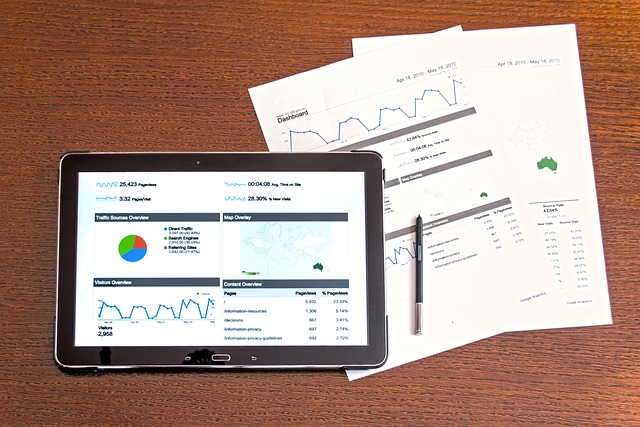
Translation services for Drug Safety Reports (DSRs) in the UK must be meticulously precise and compliant with local regulations, such as those set forth by the Medicines and Healthcare products Regulatory Agency (MHRA). These specialized translation services require a deep understanding of both language nuances and pharmaceutical terminology. By combining advanced translation technology with human expertise, especially in the domain of drug safety and regulatory affairs, these services can ensure that DSRs are accurately translated and formatted to meet UK standards. This is crucial for maintaining patient safety, adhering to legal requirements, and facilitating effective pharmacovigilance. The process involves a rigorous review by bilingual experts who understand the context and critical nature of the information contained within DSRs, ensuring that all necessary data is accurately reported and understood across different languages. This level of precision not only helps in achieving regulatory compliance but also supports global drug safety efforts by providing accurate translations for international monitoring and reporting.
Navigating the complexities of drug safety reporting across borders, particularly in the UK, necessitates precise and accurate translation services. This article delves into the pivotal role of translating drug safety reports to align with the stringent regulatory environment of the UK, ensuring compliance and patient safety. We will explore the essential aspects of UK drug safety reporting requirements, the critical importance of professional translation services, key considerations for effective translation, potential challenges and their solutions, and best practices for maintaining quality in translations. By examining case studies that exemplify successful translations within the UK market, readers will gain valuable insights into achieving regulatory compliance through expert translation services for Drug Safety Reports UK.
- Understanding the Necessity of Accurate Translation for Drug Safety Reports in the UK
- Overview of UK Regulatory Requirements for Drug Safety Reporting
- The Role of Professional Translation Services in Compliance
- Key Considerations for Translating Drug Safety Reports into English
- Challenges and Solutions in Translating Drug Safety Data
- Evaluating Translation Services: Factors to Consider for UK Compliance
- Case Studies: Successful Translation of Drug Safety Reports in the UK Market
- Ensuring Quality and Precision: Best Practices for Translating Drug Safety Reports
Understanding the Necessity of Accurate Translation for Drug Safety Reports in the UK
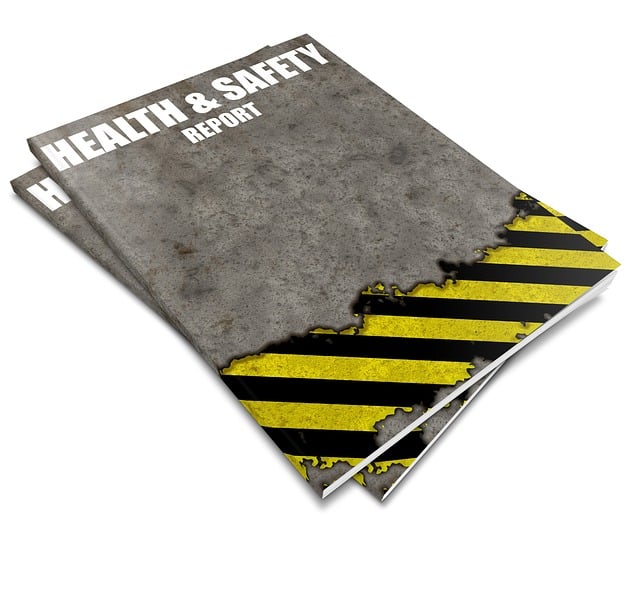
When pharmaceutical companies operate within the United Kingdom, ensuring compliance with local regulations is paramount, especially in the realm of drug safety. The accuracy and comprehensibility of Drug Safety Reports (DSRs) are critical for maintaining patient safety and regulatory standards. Translation services for Drug Safety Reports UK play a pivotal role in this process. These reports, which contain critical data on the adverse effects and risk management strategies of medications, must be precise to facilitate informed decision-making by healthcare professionals and regulators. The translation of such reports from original languages into English demands not just linguistic proficiency but also an understanding of the nuances of drug safety terminology and the specific requirements set forth by UK regulatory bodies like the Medicines and Healthcare products Regulatory Agency (MHRA). This is where specialized translation services excel, offering expertise in both language and domain-specific knowledge to ensure that every detail within a DSR is accurately conveyed. By leveraging these services, companies can navigate the complexities of UK compliance confidently, minimizing the risk of misinterpretation or non-compliance that could otherwise lead to significant setbacks in product approval and market access.
Overview of UK Regulatory Requirements for Drug Safety Reporting

When navigating the complexities of drug safety reporting within the United Kingdom, compliance with local regulatory requirements is paramount. The Medicines and Healthcare products Regulatory Agency (MHRA) oversees the safety of medicinal products, including pharmaceuticals, biopharmaceuticals, and veterinary products. A critical aspect of this oversight involves the receipt and evaluation of Drug Safety Reports (DSRs). These reports are pivotal in identifying adverse drug reactions and any potential safety concerns associated with marketed medicines.
For companies operating internationally, translating DSRs from multiple languages into UK English is not merely a matter of linguistic accuracy but also one of regulatory compliance. Utilizing specialized translation services for Drug Safety Reports UK ensures that the nuances and specificities of these reports are preserved. Such services are adept at interpreting the intricacies of medical terminology while adhering to the MHRA’s guidelines, which is crucial for the timely assessment and appropriate action on safety signals. This meticulous translation process aligns with the UK’s regulatory expectations, facilitating a high standard of patient safety monitoring and fostering compliance within the global pharmaceutical industry.
The Role of Professional Translation Services in Compliance
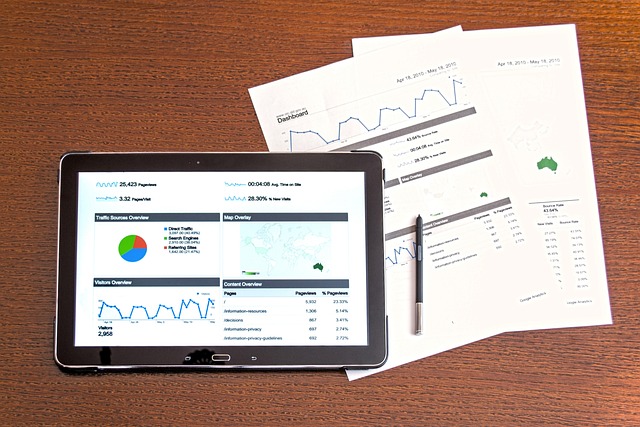
The translation of Drug Safety Reports (DSRs) from their original language into English for compliance with UK regulations is a complex task that requires specialized knowledge and expertise. Professional translation services that specialize in DSRs ensure that the critical information contained within these reports is accurately conveyed, maintaining the integrity of the data and meeting the stringent requirements set forth by regulatory bodies such as the Medicines and Healthcare products Regulatory Agency (MHRA). These services not only facilitate understanding among stakeholders who may not speak the original language of the DSR but also provide a legally binding document that can be used for compliance purposes. The translators, who are often subject matter experts in drug safety, employ their linguistic prowess alongside their scientific acumen to deliver precise translations. This dual competence is crucial, as it ensures that nuances and technical terms within the reports are accurately rendered in English, thereby upholding safety standards and legal obligations.
In the realm of pharmaceutical compliance, accuracy and reliability are paramount. Utilizing professional translation services for Drug Safety Reports UK-bound is not just a matter of linguistic correctness; it is a critical step in safeguarding patient safety and ensuring adherence to UK regulations. These services are equipped with advanced tools and methodologies, including sophisticated translation memory software and a network of experienced translators who specialize in the pharmaceutical field. This synergy between technology and expertise leads to consistent and high-quality translations, which are essential for regulatory submission and ongoing drug safety monitoring. By leveraging such services, pharmaceutical companies can navigate the complexities of international regulations with greater confidence and efficiency.
Key Considerations for Translating Drug Safety Reports into English
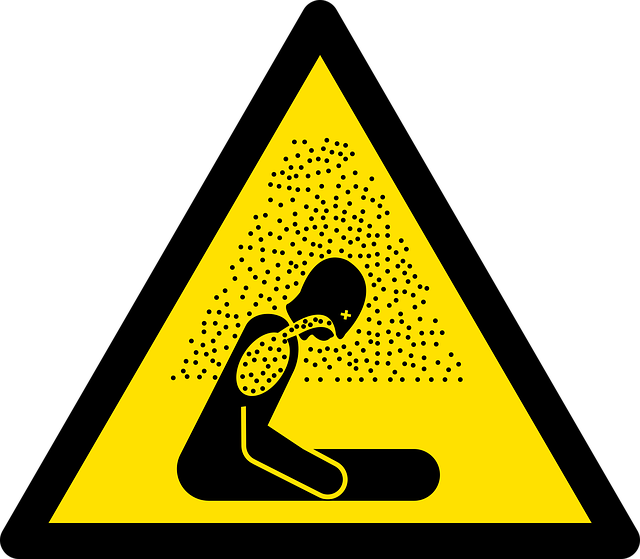
When translating Drug Safety Reports (DSRs) into English for compliance with UK regulations, precision and accuracy are paramount. The translation services tasked with this critical work must possess a deep understanding of both the source language and the specialized terminology inherent in drug safety. Key considerations include the use of qualified experts who specialize in pharmaceutical translations to ensure that the nuances of medical terminology are conveyed accurately. These experts should be proficient not only in the language but also in the regulatory expectations of the UK’s Medicines and Healthcare products Regulatory Agency (MHRA). This involves a comprehensive grasp of the guidelines outlined in the EU-UK Trade and Cooperation Agreement, which dictates how DSRs must be formatted and reported.
Furthermore, the translation process must account for cultural nuances that could alter the meaning of the reports. This is crucial as certain terms may carry different connotations or levels of severity across languages. The translation services for Drug Safety Reports UK must also utilize up-to-date software capable of handling specialized terminology and ensuring consistency across all translated materials. This commitment to quality, coupled with a robust review process, ensures that the translations meet the stringent requirements set forth by the MHRA and maintain the integrity of the drug safety data for patients in the UK.
Challenges and Solutions in Translating Drug Safety Data

When translating drug safety reports for compliance in the UK, entities face a range of challenges that can impact both the accuracy and legality of the information conveyed. The intricacies of language mean that direct translations from original report languages to English are often insufficient. Technical jargon and specialized terminology within drug safety must be precisely rendered to maintain the integrity of the data. This is where specialized translation services for Drug Safety Reports UK come into play, offering expertise in both the pharmaceutical domain and the nuances of language required for regulatory compliance.
To address these challenges, these translation services employ a combination of linguistic proficiency and industry knowledge. They leverage advanced translation technologies coupled with human oversight to ensure that all drug safety data is accurately translated. This hybrid approach allows for the consistent application of UK-specific terminology and regulatory references, which is crucial for compliance. Moreover, these services often include a review process by experts in drug safety and regulatory affairs, ensuring that each report meets the stringent requirements set forth by UK authorities such as the Medicines and Healthcare products Regulatory Agency (MHRA). By doing so, they mitigate risks associated with misinterpretation or omission of critical information, thereby facilitating a smoother path to compliance for pharmaceutical companies operating in or seeking approval from the UK market.
Evaluating Translation Services: Factors to Consider for UK Compliance

When assessing translation services for Drug Safety Reports (DSRs) to ensure compliance with UK regulations, it is imperative to consider several key factors. Firstly, the expertise of the translators in both language pairs and the specific domain of drug safety cannot be overstated. Translators should not only be proficient in the source and target languages but also well-versed in pharmaceutical terminology and regulatory requirements. This ensures that technical jargon and critical information are accurately conveyed, maintaining the integrity of the DSRs. Additionally, translation services should employ robust quality assurance processes to guarantee the accuracy and reliability of the translated content. This includes both automated checks and human reviews to catch any nuances or context-specific subtleties that software alone may miss.
Furthermore, compliance with the UK’s Medicines and Healthcare products Regulatory Agency (MHRA) guidelines is a non-negotiable aspect of translation services for DSRs. The chosen service provider must demonstrate a clear understanding of these guidelines and have established protocols to align translations with them. This includes adherence to the correct terminology, formatting standards, and timely submission in line with the UK’s regulatory timelines. Companies should also verify that the translation service is equipped to handle sensitive data securely, complying with data protection laws such as the UK General Data Protection Regulation (UK GDPR). By carefully evaluating these factors, organizations can select a translation service for Drug Safety Reports UK that not only meets compliance standards but also provides high-quality, accurate translations.
Case Studies: Successful Translation of Drug Safety Reports in the UK Market

Ensuring Quality and Precision: Best Practices for Translating Drug Safety Reports
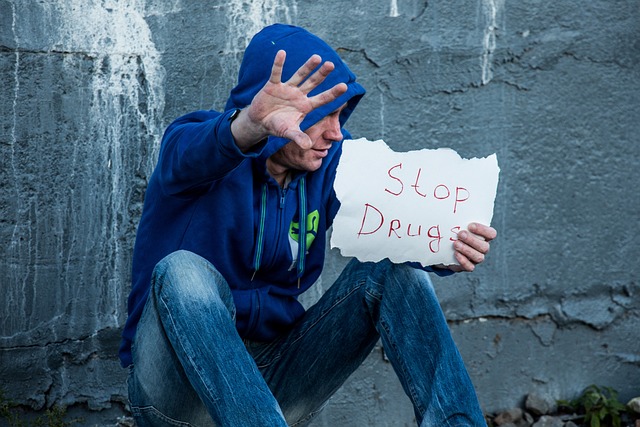
When translating Drug Safety Reports (DSRs) to ensure compliance with UK regulations, precision and accuracy are paramount. The translation process for DSRs requires not only a deep understanding of the language nuances but also specialized knowledge in pharmacovigilance. To maintain the integrity of the reports, it is essential to engage with professional translation services that specialize in Drug Safety Reports UK. These experts must be well-versed in both the source and target languages as well as the specific terminology used in drug safety, which can often include complex medical jargon and regulatory requirements. Utilizing advanced translation technology and human expertise together can mitigate the risk of errors that might arise from language-specific nuances or cultural differences. This dual approach ensures that all critical data is conveyed accurately and maintains the report’s compliance with UK standards, thereby facilitating effective drug safety monitoring across borders. Furthermore, maintaining a consistent translation framework, employing bilingual subject matter experts who are proficient in both the language and the pharmaceutical domain, guarantees the highest quality translations for DSRs intended for the UK regulatory authorities. This commitment to quality and precision is not only crucial for legal compliance but also for patient safety, as accurate reporting can lead to timely and appropriate interventions if adverse drug reactions are identified.
In concluding, the translation of drug safety reports into English for UK compliance is not a trivial task but a critical process that demands precision and expertise. Understanding the nuances of UK regulatory requirements and employing professional translation services specializing in drug safety reporting ensures accuracy and adherence to legal standards. Organizations must consider key language elements and cultural contexts, which can significantly impact report interpretation and compliance. By addressing challenges such as terminological precision and data consistency, and by adhering to best practices, translations serve as reliable and compliant communications vital for the safe use of pharmaceuticals in the UK market. For entities navigating this complex landscape, leveraging dedicated translation services for drug safety reports within the UK is indispensable, thereby safeguarding public health and ensuring regulatory compliance.





